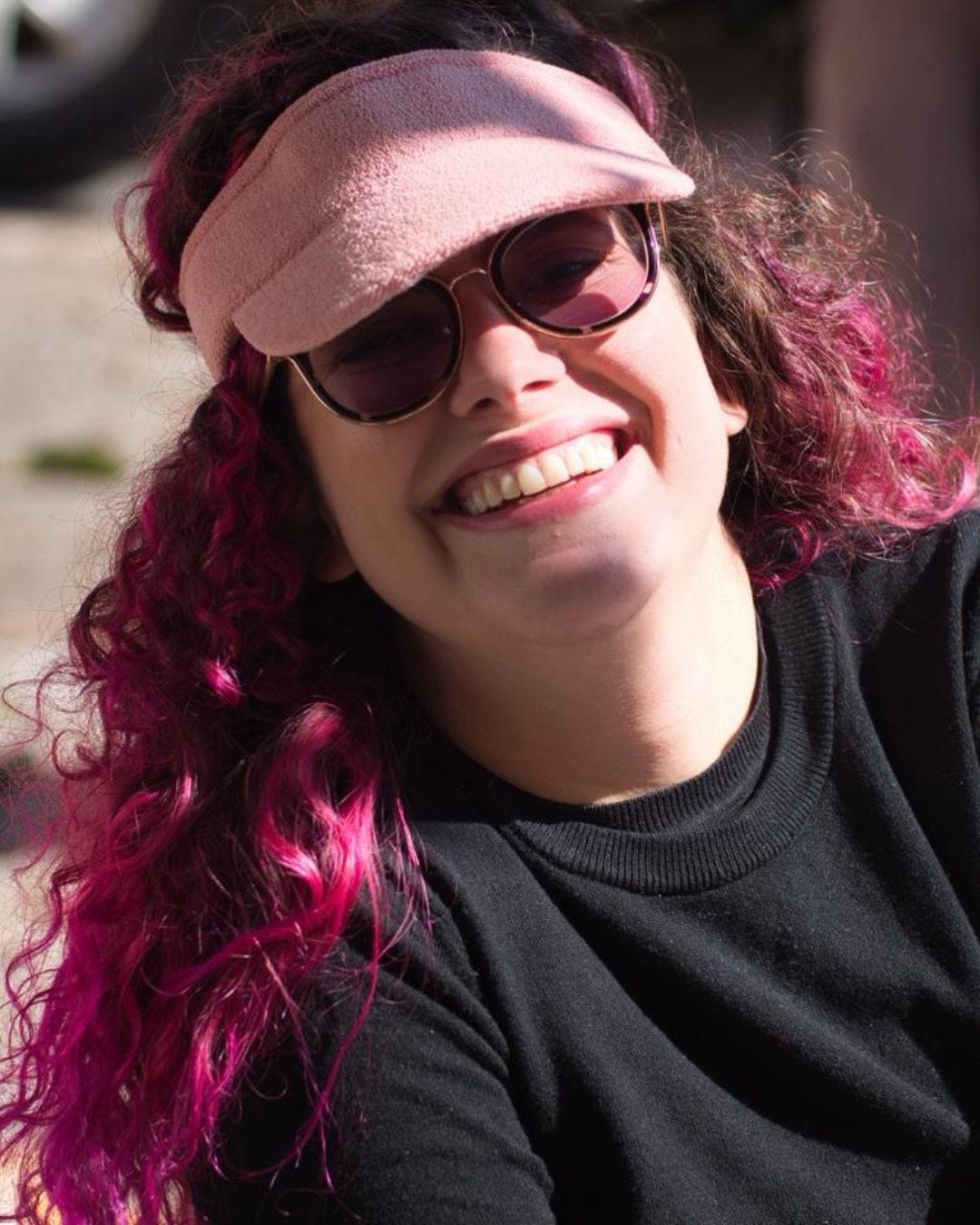Some artists dream in color. Others in sound, light, or movement. But none of it reaches the world without the producer, the person who makes sure the dream doesn’t stay an idea.
Vanessa is one of those people. As a cultural producer based in Brazil, she brings artistic projects into existence. Not just by organizing them, but by believing in them. And in this interview, she offers a rare look into the invisible work of production: what it takes, what it changes, and why art can't survive without it.
1. What first led you to cultural production, and what made you stay?
I’ve always been drawn to art, but I didn’t know cultural production could even be a profession. When I started spending more time with artists, especially those in music and visual arts, I got interested in writing proposals for grants, managing projects, and doing production work. I’ve always been a project manager at heart, so moving into this world felt like a natural evolution for me.
2. What do you think defines your way of working as a producer?
I’m the kind of person who loves solving problems, finding creative routes, and getting ideas out of people’s heads and into the real world. I think that’s what defines me most as a producer. When I start a project, I get obsessed and I want to know every detail. I feel this deep certainty that it’s the best project ever made… until the next one comes along. I guess I’m just a romantic when it comes to art. I fall in love with each project like it’s the first time.
3. What keeps you going when everything goes wrong?
Production means handling chaos constantly. That’s actually why production exists: to make sure the show doesn’t fall apart when the challenges show up. Even when things run smoothly, something always happens: a machine breaks, it rains, the paint runs out, the power fails, an artist gets sick. What keeps me going is remembering why I said yes to the project in the first place and the beauty I saw in it, the reasons I fell in love with it. I just try to get as close to that vision as possible.
4. How do you see the role of cultural production in the life of a work of art?
To me, cultural production is the bridge between the artist and the public. Artists have incredible, expansive, sometimes wild ideas and those ideas need to exist in the world. That’s where we come in. We give structure to the vision. Art doesn’t feel complete to me just when it’s created; it feels complete when someone else is moved by it. Production lives in that quiet space between creation and connection.
5. What do you wish more people understood about your role?
There are two situations that break my heart as a cultural producer: being called in at the last second when a project is already falling apart, and being asked only to help get funding without being included in the actual creative process. In those moments, I feel powerless like I can’t really do my job. I believe every project should include a producer from the very beginning. We can help identify challenges you don’t see yet and offer ideas that make the work more sustainable. A producer isn’t just a service provider, we’re more like a creative partner. We have to believe in the artist’s vision just as much as they do.
Cultural producers are rarely at the center of the spotlight, but they are central to the ecosystem of art. Without them, vision remains potential. With them, vision becomes impact.
In the commercial art world, producers might be called project managers, studio directors, or consultants. In the nonprofit and public sector, they're often grant writers, curators, or production leads. But the function is the same: they transform creative intention into shared experience.
This is what most people don’t realize that great art is not just about expression. It’s about translation. And producers are the ones doing that translation across time, space, and systems: from artist to audience, from idea to exhibition, from dream to logistics.
If we want more art in the world (more beauty, more dialogue, more collective imagination) we need to value the people who make it logistically possible. Not just artists, but producers like Vanessa. Their work is a quiet form of authorship. And it’s time we start recognizing it.


